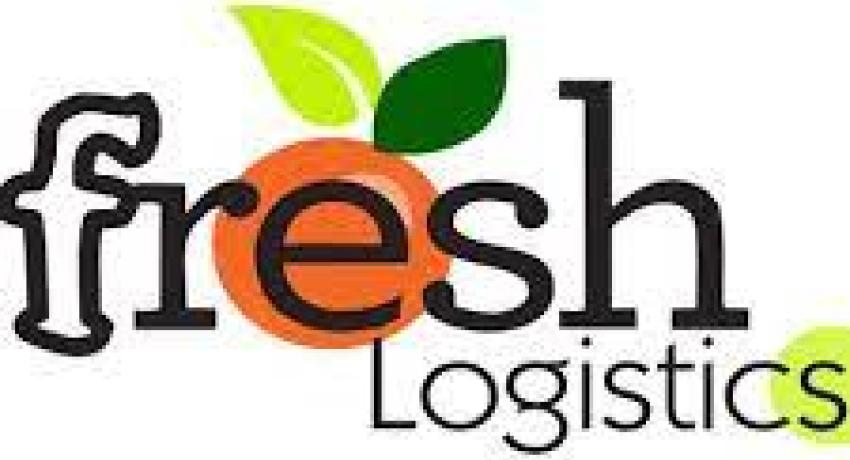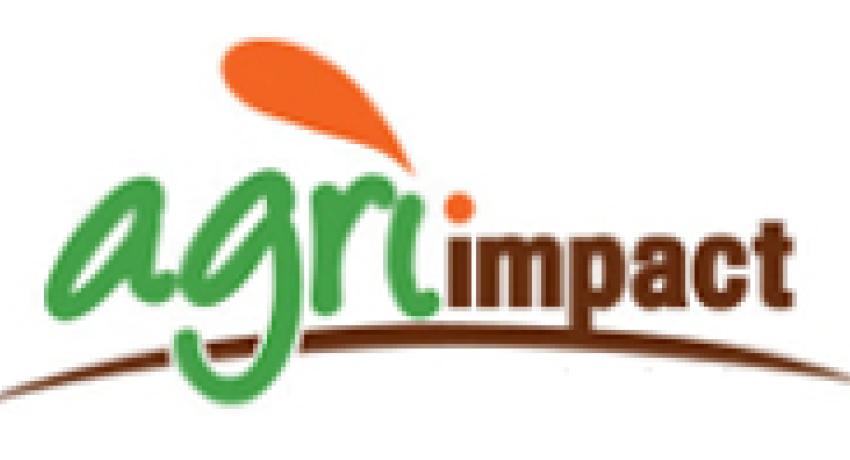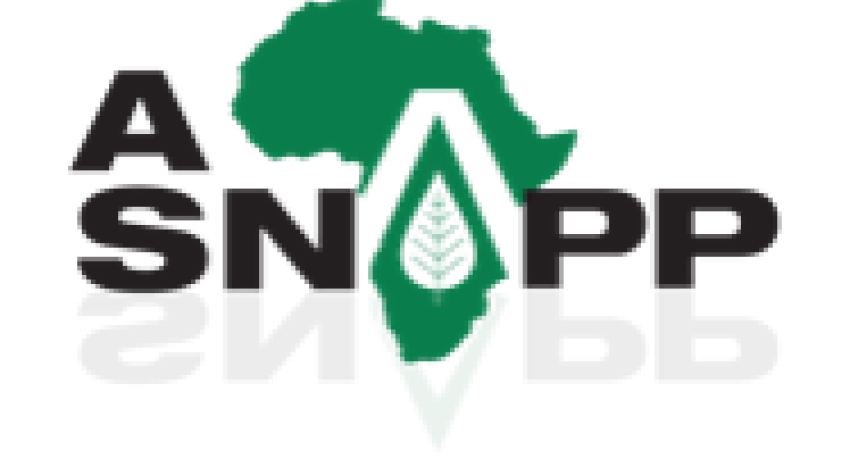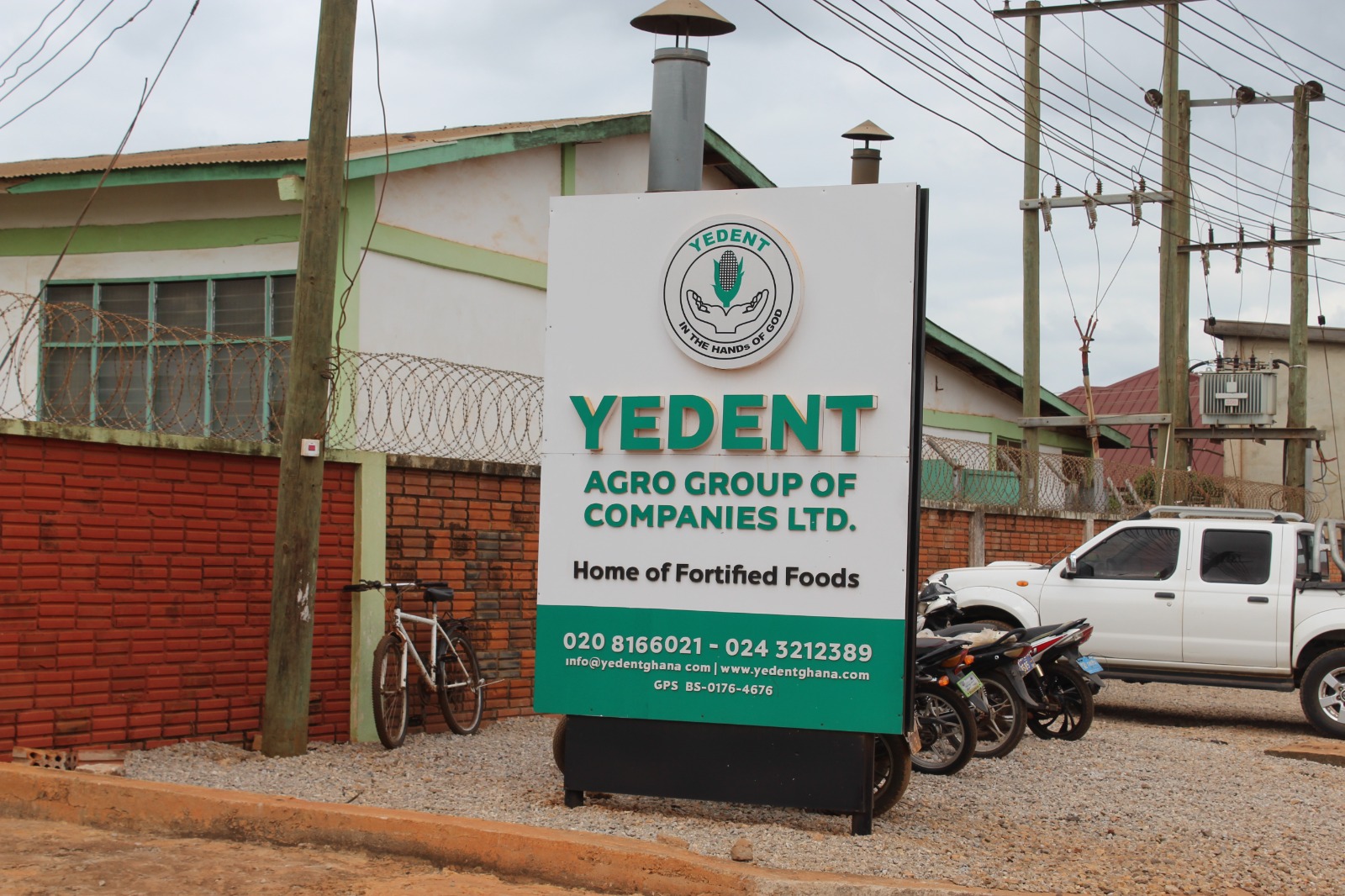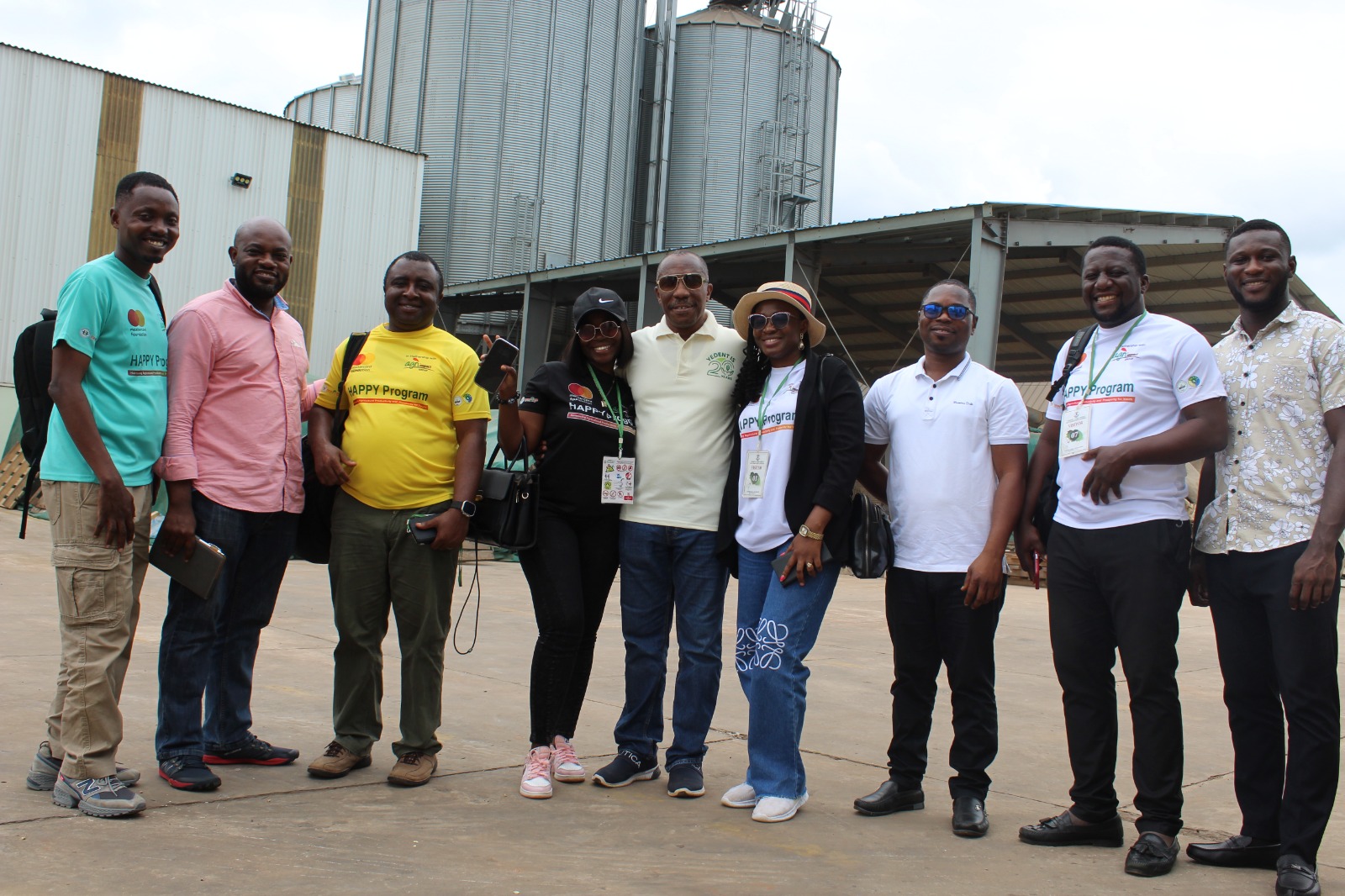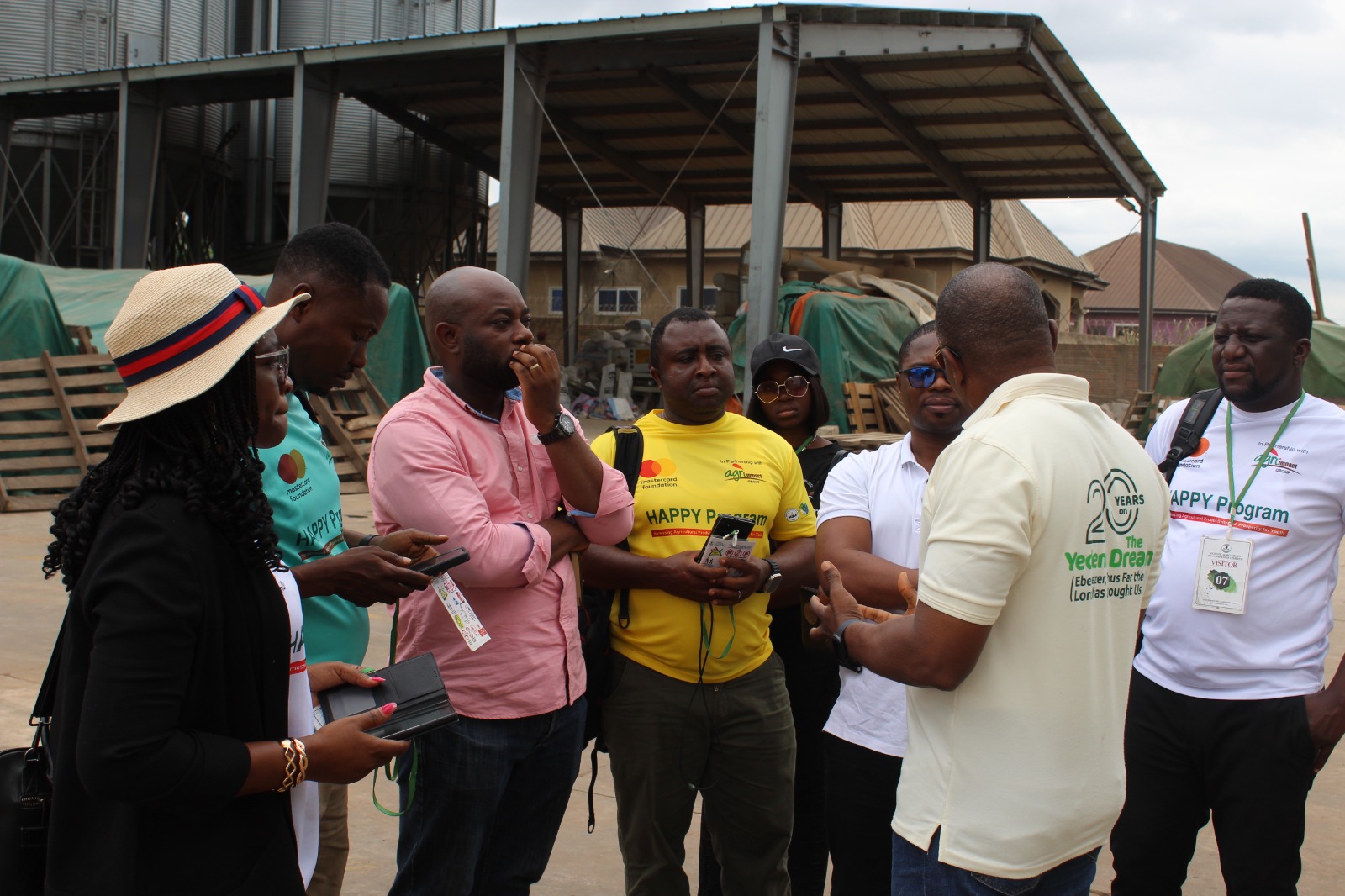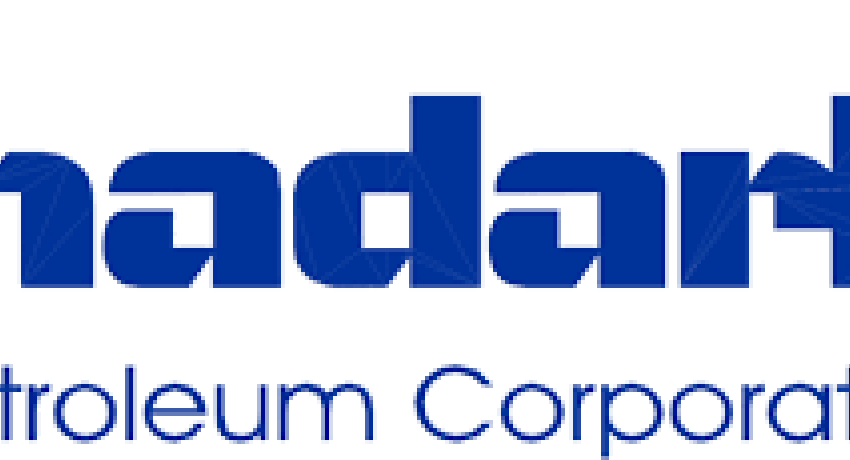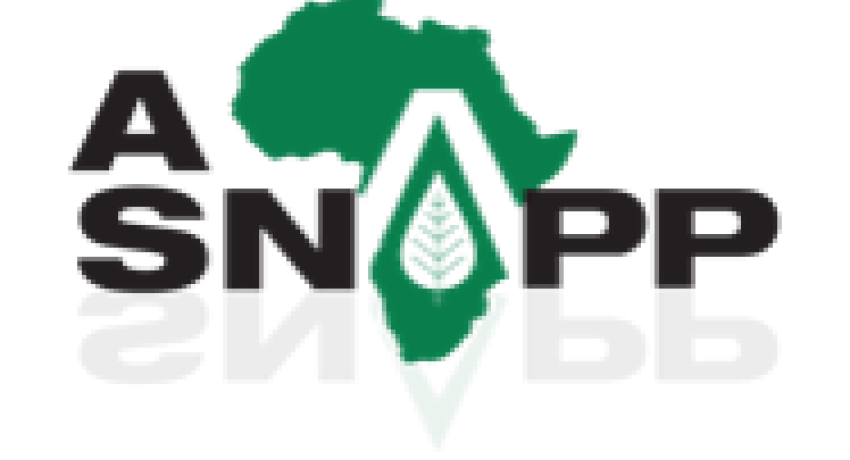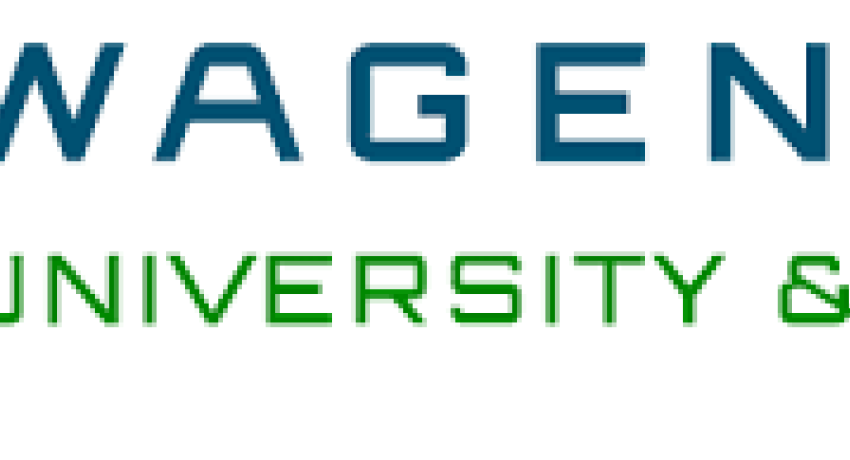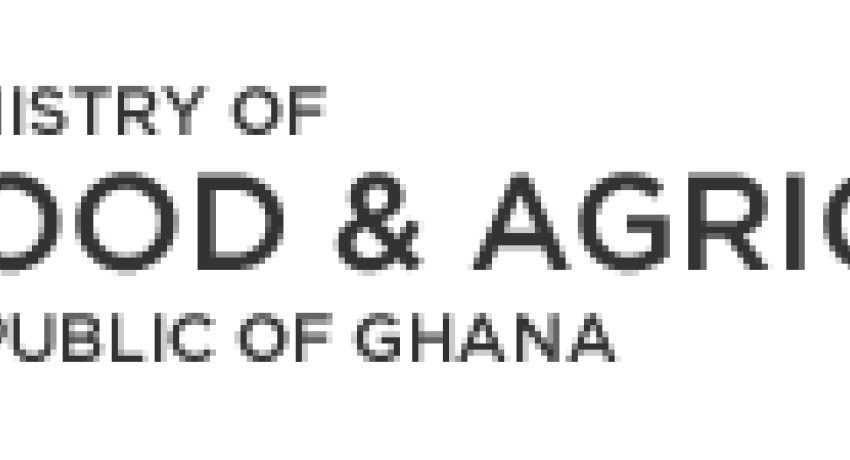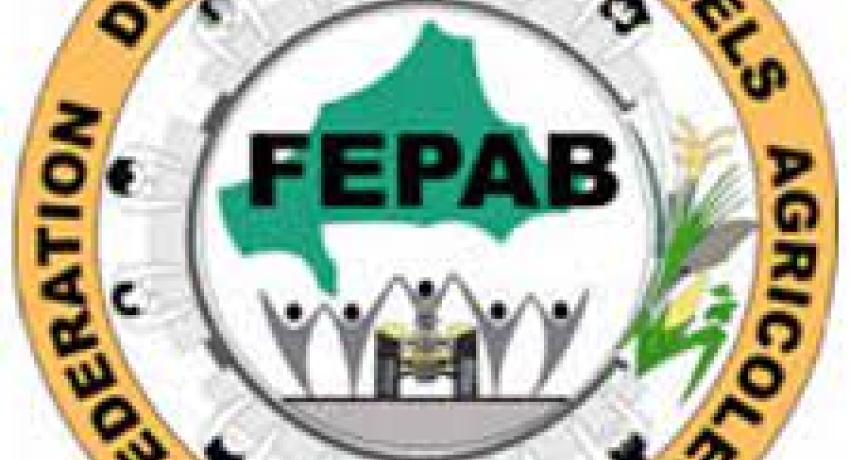The CEO of Yedent Agro Group of Companies and NAPLE Betta Farms, Samuel Ntim, has praised the Harnessing Agricultural Productivity and Prosperity for Youth (HAPPY) Program for its vital role in revitalizing Ghana's poultry sector, especially broiler production.
According to Ntim, the HAPPY Program—a Mastercard Foundation initiative in partnership with leading agribusiness firm Agri-Impact Limited—has, for the first time, enabled consistent broiler production for the Ghanaian market. Previously, the country relied heavily on imports to meet its growing demand for poultry.
“The HAPPY Program has brought life to hatcheries and the poultry value chain, which had not been functioning properly for years,” he said, adding that it has helped reduce poultry imports by about 50,000 metric tons per annum.
During a courtesy call by a team from Mastercard Foundation and Agri-Impact Limited on Monday, September 16, 2024, at his office in Abesim Kyidom in Sunyani, Mr. Ntim applauded both institutions for their efforts.
“The entire value chain is integrated in this project—from day-old chicks, feed, technical support, processing, marketing, and more. At the end of the day, we’ve managed to integrate and drive all these components. The numbers are there. Within nine months, despite challenges, we’ve raised over half a million birds. This progress is encouraging, especially considering that key areas like hatcheries and out-growers were previously idle,” he noted.
He emphasized that existing resources have been efficiently leveraged under the program, crediting the project's timely intervention for making this possible.
He added that Mastercard Foundation has made a lasting impact on Ghana’s poultry sector with the implementation of the HAPPY Broiler component.
The NAPLE Betta CEO added that to consolidate the gains made so far, Ghana needs more breeder farms to produce high-quality fertile eggs for the broiler industry.
Regarding youth employment, Mr. Ntim highlighted that nearly 3,000 young people have been involved in various stages of the value chain—from production and feed making to processing—within just nine months. “We [NAPLE Betta] have exceeded our target for the first year of implementation,” he added.
NAPLE Betta and other private firms in the poultry value chain have made significant investments in logistics, including processing plants, to create job opportunities for young people in the sector.
“The broiler market in Ghana is a $700 million market. Tapping into that market share is worth pursuing,” Mr. Ntim said.
NAPLE Betta Farms, a key partner in the HAPPY Broiler project, sources its raw materials from its sister company, Yedent Agro, to prepare high quality bird feed. The farm has also collaborated with Jobyco, St. Charles Hatchery, GINAACO, and other farms to process thousands of poultry birds weekly.
The HAPPY Program aims to create 326,000 dignified jobs for young people in Ghana, particularly for women and persons with disabilities. Targeting youth aged 15-35, the program focuses on increasing productivity in rice, soy, tomato, and poultry value chains to reduce reliance on imports.
It is being implemented by eight organisations, namely: Newage Agric Solutions, National Service Scheme (NSS), Ghana CARES (MiDA), Ghana Enterprises Agency (GEA), Ministry of Food and Agriculture (MOFA), TechnoServe, Catholic Relief Services (CRS), and Jobberman.

